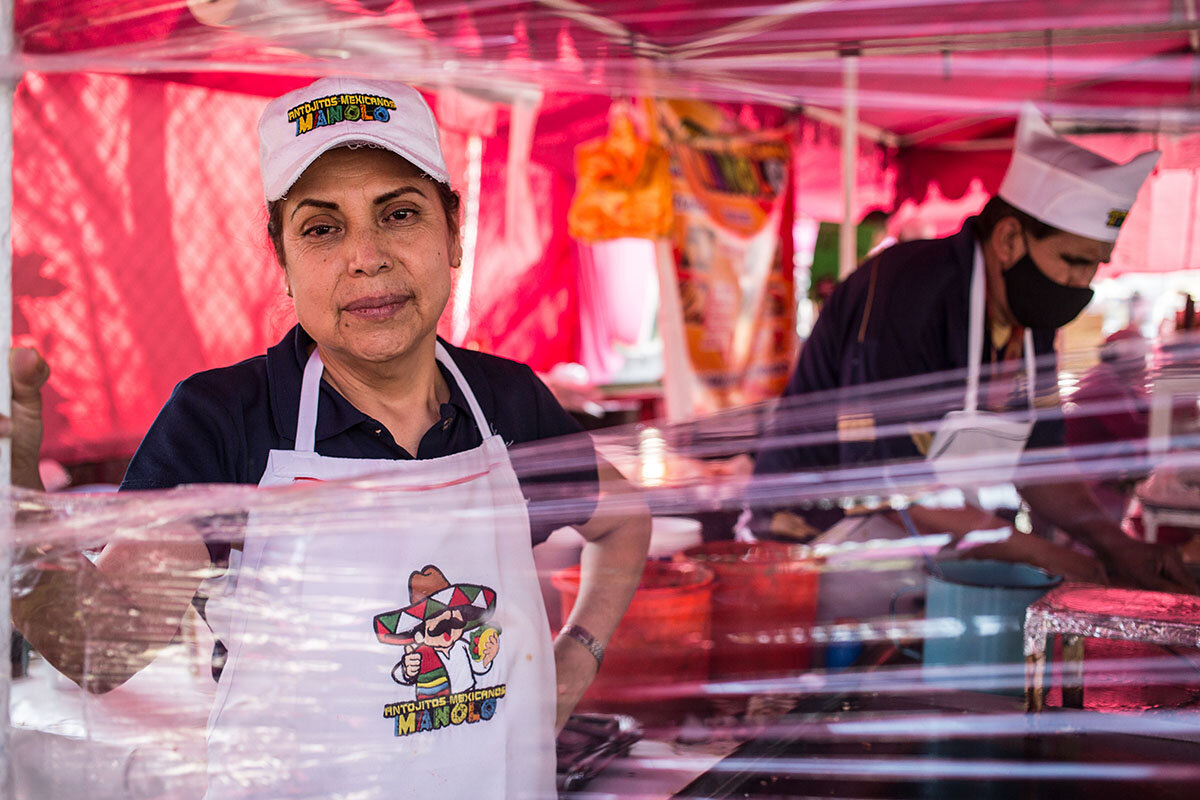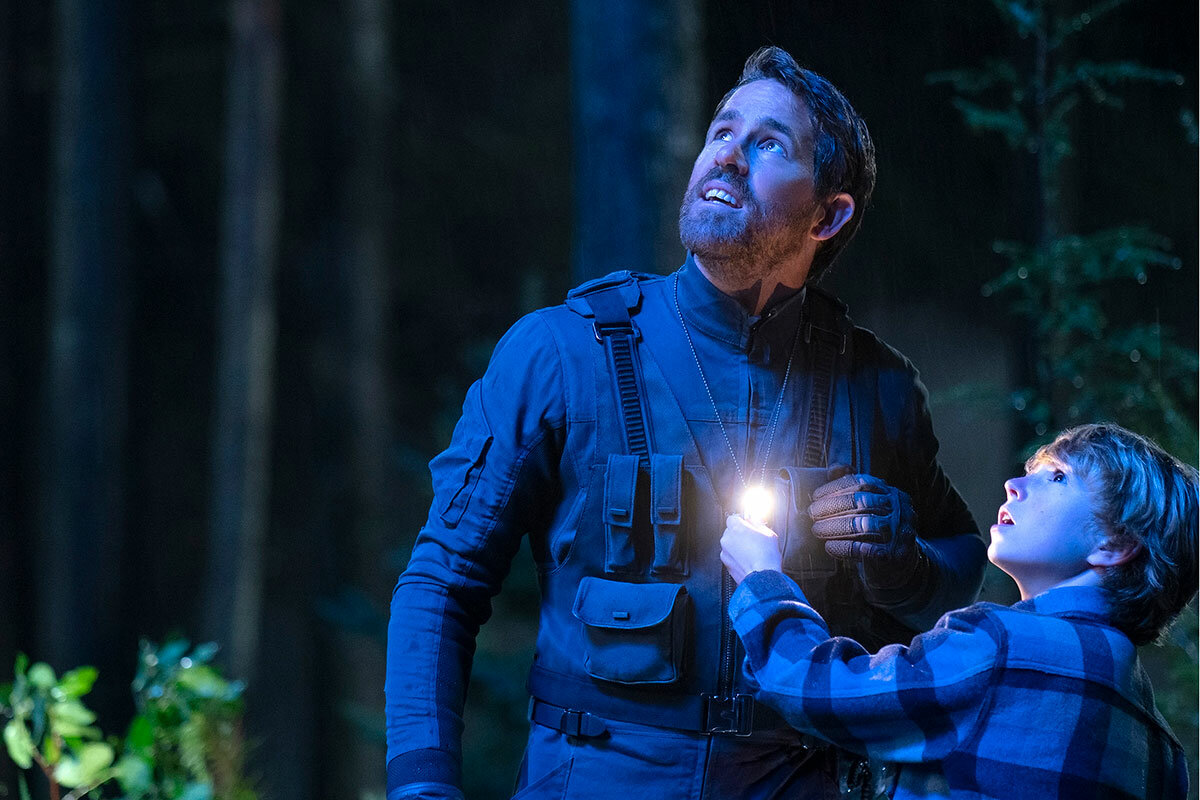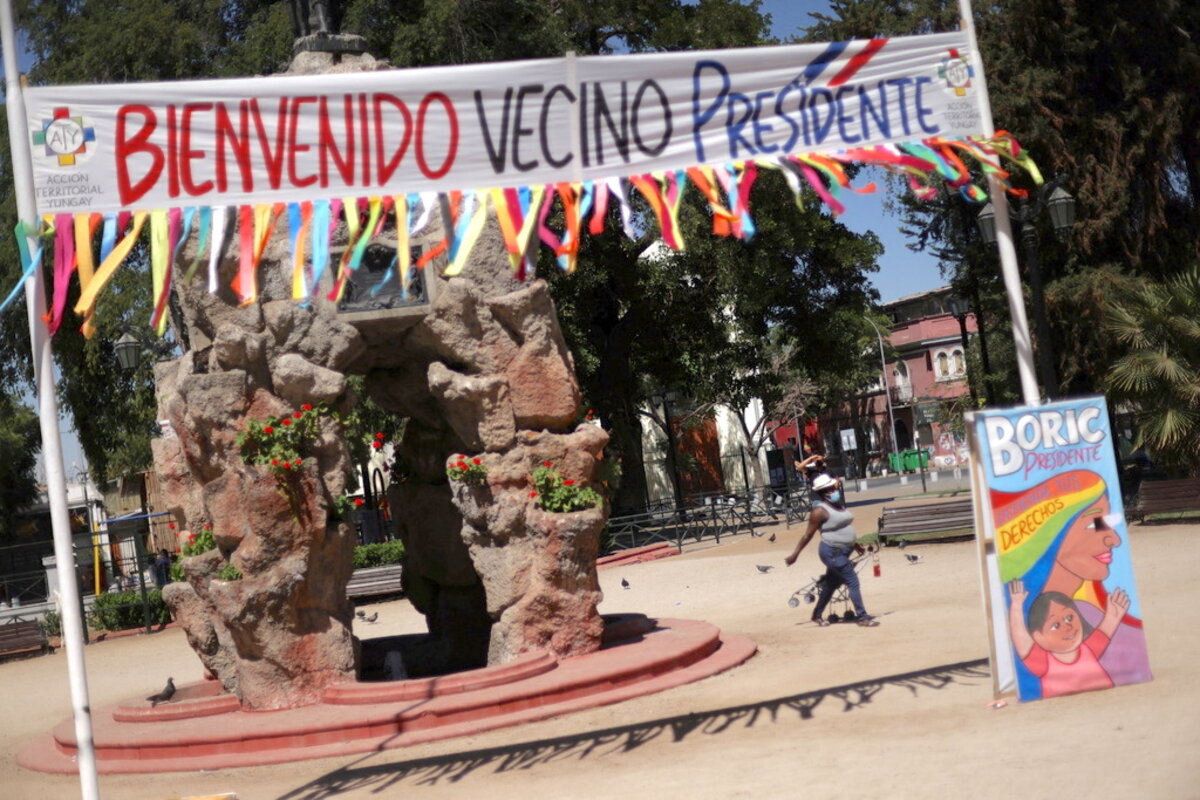A year ago, one year after the pandemic began, the Monitor found people showing resilience. Today the mood is more one of agency, as some begin to take back control of their lives.
Monitor Daily Podcast
- Follow us:
- Apple Podcasts
- Spotify
- RSS Feed
- Download
 Mark Sappenfield
Mark Sappenfield
Can the West go too far in punishing Russia with economic sanctions? Could humiliating Russia and President Vladimir Putin backfire? Post-World War I Germany shows the dangers of turning responsibility into retribution as a broken Germany turned to Naziism. Looking at today, The Economist says: “The West has deployed an economic weapon that was until recently unthinkable. It must be used wisely.”
Our Fred Weir in Moscow looks at the question through two different lenses. On one hand, sanctions don’t need to take effect to humiliate Mr. Putin, Fred says. “It is happening now.” Guessing what Mr. Putin might do is a fool’s errand. Militarily, it’s still not clear what he wants to achieve. Diplomatically, it’s unclear if he has any interest in the compromises being proposed by Ukrainian President Volodymyr Zelenskyy. What is clear is that he has forever changed Russia’s relationship with Ukraine through a “fratricidal” war. “It’s a rift of historic proportions.”
Gauging the response of the Russian people is a different matter. They are no strangers to economic hardship. “No one has ever made money betting against Russians to withstand privation,” Fred says.
And today’s Russia is in many ways better equipped to handle severe sanctions than the Soviet Union was. Russia’s advances in sustainably feeding itself are “phenomenal,” he says. Grocery store shelves should remain stocked no matter what. That’s no small thing. The economic collapse of the 1990s “was like a nuclear bomb” by comparison.
As for humiliation, most Russians already think the West hates them. So the new sanctions, despite their severity, are simply a new chapter in an old story, Fred suggests. The “bunker mentality of stubborn patriotism” is well ingrained.











